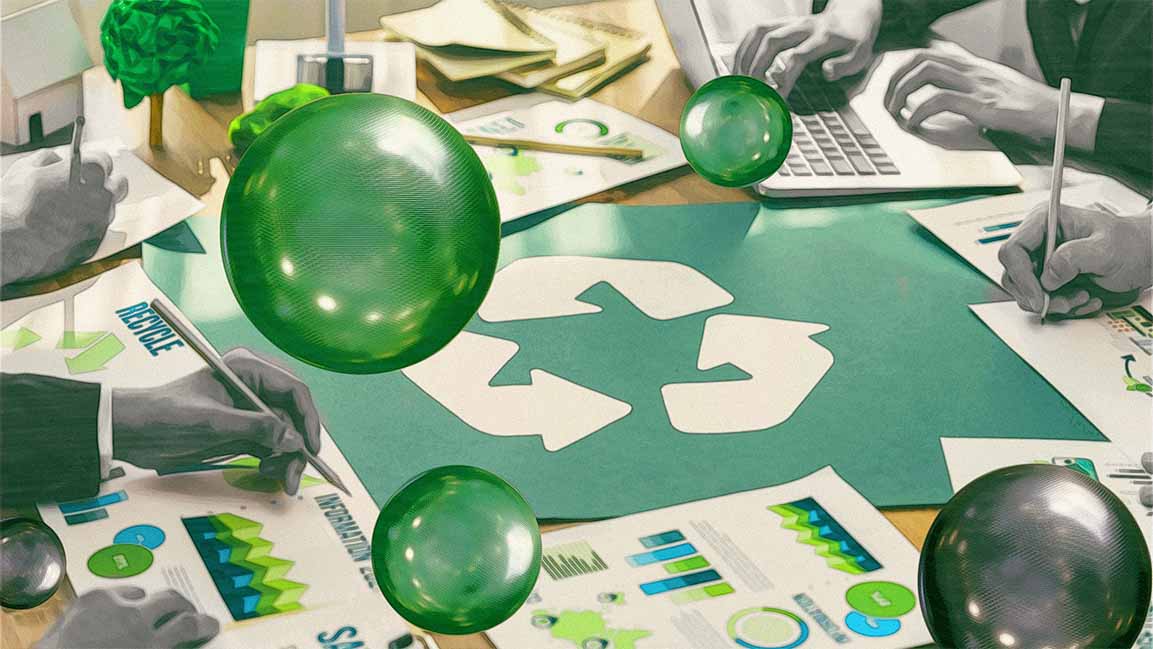- | 12:00 pm
UAE launches initiative to augment decarbonization in waste management
Waste to Zero will boost the UAE's role in leading action towards the Paris Agreement’s goal of reducing emissions by 43% by 2030.

Now accepting applications for Fast Company Middle East’s Most Innovative Companies. Click here to apply.
One of the key themes in recent years is decarbonization, a term used for eliminating or reducing carbon dioxide emissions into the environment. In the UAE, efforts to target the climate crisis are underway, with decarbonization appearing to be at the forefront of the government’s climate change efforts in preparation for COP 28.
Working towards this, the Ministry of Climate Change and Environment and Abu Dhabi Waste Management Company (Tadweer,) launched Waste to Zero, a project focusing on boosting solutions towards decarbonization in the waste management sector, which emits an estimated 3% to 5% of global greenhouse gas emissions.
Waste to Zero will boost the UAE’s role in leading action towards the Paris Agreement’s goal of reducing emissions by 43% by 2030, the Ministry of Climate Change and Environment.
The project aims to attract investment and financing in infrastructure, create new jobs, reduce natural resource usage, and strengthen regulatory frameworks.
Mariam Al Mheiri, Minister of Climate Change and the Environment, said collaborations are key to achieving Net Zero by 2050. “As we prepare to host COP28, the UAE is keen to play a stronger role in driving global climate action by reducing emissions and contributing to the goals of the Paris Agreement, mitigating climate change effects and protecting the planet,” she added.
Tadweer, part of ADQ’s portfolio, will host discussions, workshops, and awareness programs as part of the agreement. “We hope to create a platform for dialogue, raise awareness, and drive actionable solutions to reduce greenhouse gas emissions from the waste sector,” said Ali Al Dhaheri, CEO of Tadweer.
Last year, the country adopted 22 policies centered around bolstering its transition to a circular economy while setting up the UAE Circular Economy Council designed to form policies across four main sectors– manufacturing, food, infrastructure, and transport.































